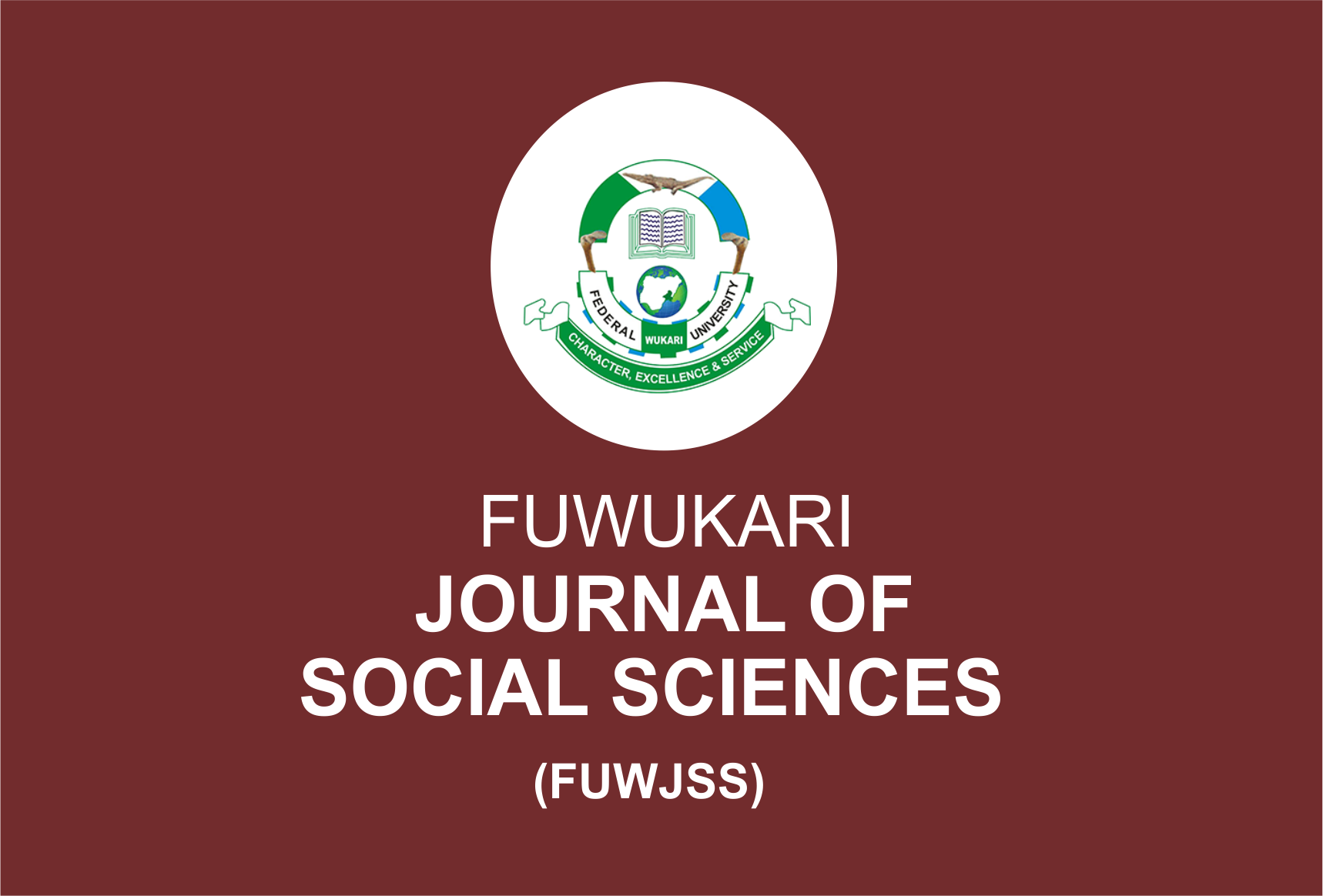Leadership Style And Employees’ Performance In Non-Government Organizations (NGOs) Within Gombe State, Nigeria
Aondoaver Cornelius Peke, Ahmed Aliyu Palladan
Keywords: Leadership, decision-making, employee performance, NGOs,
Gombe
Abstract
Employees of non-governmental organizations (NGOs) often work in very risky conditions. The varying conditions require their employees to display different skills in dealing with those they serve. In this way, leaders in non-governmental organization need to display their full leadership skills in order to motivate their employees to attain optimal level of performance. Thus, this study investigates the effects of leadership styles on employee performance at some selected NGOs in Gombe State. A survey research design was used where data was sourced through 112 questionnaire using five points Likert scale and was administered to the respondents. The analysis of the participants’ responses was done using Statistical Package for Social Sciences (SPSS) version 20 which generated the response rates, variances, standard errors, R-square statistics, correlation, analyses of variance and t-statistics. The study results reveal that autocratic and laissez faire leadership styles have no significance effect on employee performance in non-governmental organization in Gombe State. While democratic leadership style has significance effect on employee performance in non-governmental organization in Gombe State. The study
concludes that the democratic style of leadership which gives NGO employees a certain freedom and involves them in decision-making motivates NGO employees to more productivity in Gombe State, Nigeria. The study recommends that heads of non-governmental organizations
should encourage more practice of democratic leadership style; as democratic leadership style ensures a well-organized and stable group.
Author Biography
Aondoaver Cornelius Peke
National Malaria Elimination Programme,
Abuja, Nigeria
Ahmed Aliyu Palladan
School of Business, FCET Gombe, Nigeria

